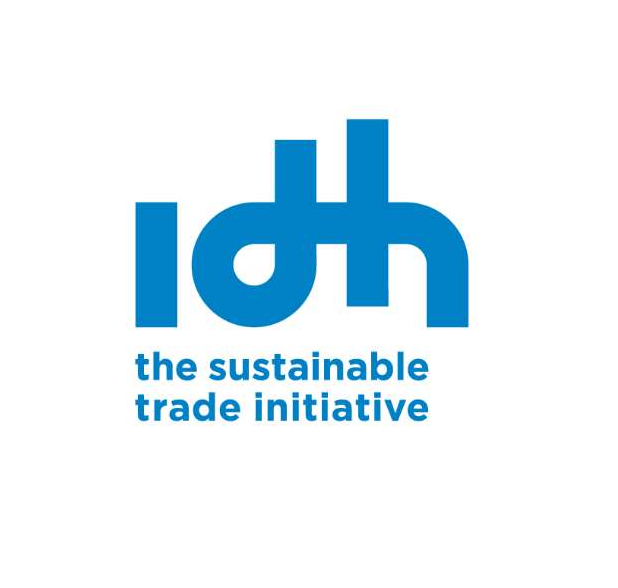Community / Land projects / GLA - Liberia
GLA - Liberia

€0
01/17 - 12/20
Achevé
This project is part of
Implementing Organisations
Donors
Data Providers
General
Formal recognition of customary land ownership and security of tenure for the poor is a critical building block for inclusive and sustainable development. Since 2009, when Liberia enacted the Community Rights Law with Respect to Forest Lands that paved the way for communities to formalize their ownership claims to their customary forestlands, community rights with respect to natural resources have gained a prominent place on the political agenda. The move towards formalizing customary land claims gained further momentum in 2013 with the adoption of a Land Rights Policy that promised formal recognition and legal protection for customary rights. The Land Rights Act, which could ‘seal the deal’ for communities has however been stalled in the Liberian Legislature since 2015.
Objectives
The GLA programme for Liberia proposes to increase the capacity of communities to resist destructive oil palm expansion and logging, increase the respect and recognition of tenure rights of local communities by government and concessionaires, and increase adherence to the full implementation of policies and laws in forest and land management. This will provide opportunity for working in Liberia to contribute to the preservation of ecosystems and improved livelihood conditions for rural communities in Liberia and specifically in the Sinoe landscape. Friends of the Earth Netherlands (Milieudefensie) will support the Sustainable Development Institute (SDI whose main intervention strategy in Sinoe will be to (i) monitor Golden Veroleum Liberia’s non-compliance with policies or poor implementation of its commitments to respect the rights of local communities and produce deforestation-free crude palm oil and to (ii) strengthen local communities representative bodies in Sinoe and (iii) to monitor illegal logging in Sinoe and Grand Kru to campaign against illegal logging or forest conversion.
Other
In 2017 TBI will strengthen CSOs to monitor and advocate for transparent forest and landscape governance, with a strong focus on the Sinoe landscape and changes in land use, tenure and livelihoods. TBI’s main intervention strategy is to use research and capacity building for informed dialogue. As knowledge broker TBI will work on bringing stakeholders together for informed dialogue, while at the same time we promote the use of validated knowledge in this dialogue. TBI will support CSOs working in the Sinoe landscape with information that provides insight in (aspects of) wicked problems where no simple (technical) solution is available. As first step, TBI will facilitate the further elaboration of the context analysis prepared for the GLA inception phase, which will provide state-of-the-art information on forest related issues and actors in Liberia and specifically Sinoe. Together with CSOs and the CSO platforms, TBI will identify a (research) agenda on Sinoe landscape about sustainable development and improvement of local livelihoods, alternatives for oil palm expansion and root causes like land rights and governance structures without strong voice of the local communities. Some research topics that will be prioritized will be addressed in 2017. TBI will start a project to strengthen the capacity of non-state actors to improve FLEGT-VPA and REDD+ processes in Liberia, in collaboration with partners in Cote d’ Ivoire and Ghana. In addition, organizational capacity of the TBI main partner in Liberia will be built, based on the results of their capacity analysis.


